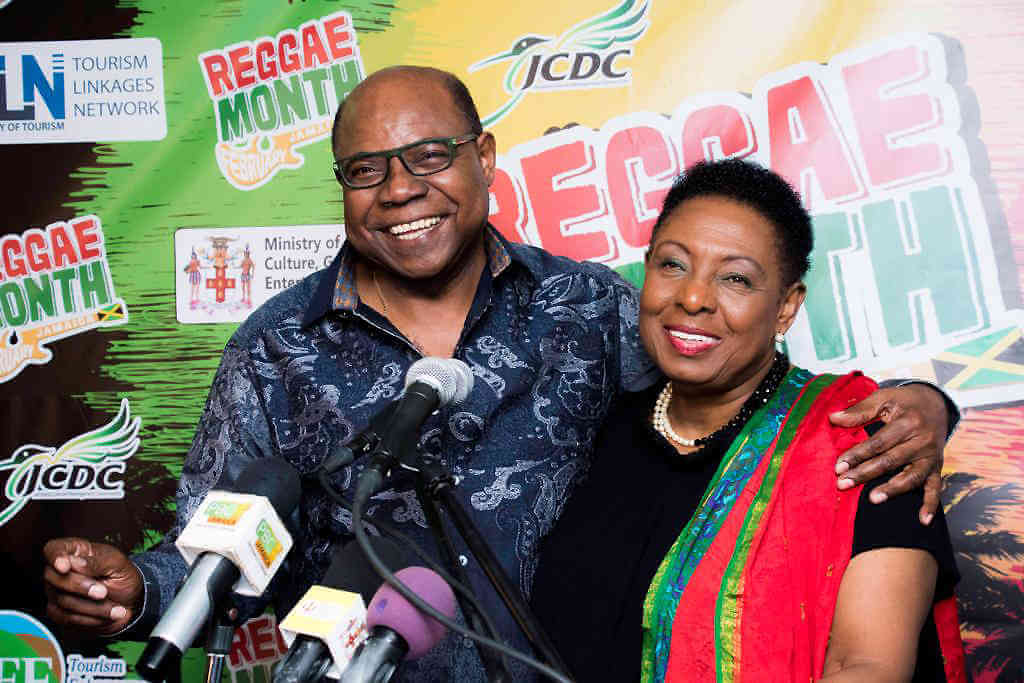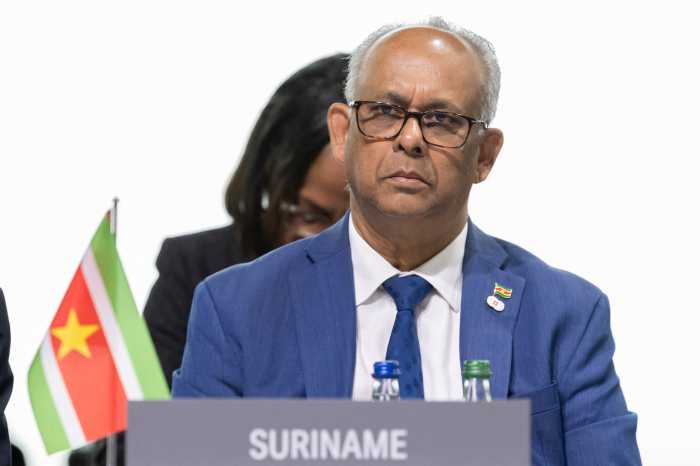Antigua
Antigua and Barbuda recently hosted a two-day conference aimed at helping people with disabilities live independently, be included, and participate in their societies on an equal footing in the Eastern Caribbean.
The conference, which was hosted by the London-based Commonwealth Secretariat, was addressed by Prime Minister Gaston Browne and the island’s Governor General, Rodney Williams. It was held under the theme, The Future is Accessible, and the organizers said the conference builds on the outcomes from the first IAmAble summit held in 2017 which promoted practical steps countries can take to improve prospects of education, employment, health and mobility for people with disabilities.
Barbados
Barbados Prime Minister, Mia Mottley says that the Caribbean Community (CARICOM), which recently inaugurated its diplomatic office in Kenya could become the most important contact between the 15-member bloc and the United Nations.
She said the CARICOM representation in Nairobi, is going to be the one that is going to have the greatest impact in how “our nations function, how we build with our food security, and above all else, how we deal with our water security, because one of the more silent consequences of the climate crisis has been on our ground water supply across the region.”
The United Nations office is one of four major United Nations office sites where numerous different UN agencies have a joint presence.
Nairobi is the global headquarters for two UN programs — the UN Environment Program and the UN Human Settlements Program.
Mottley said CARICOM needs technical support as well as the amplification of the financial development resources, noting the Warsaw Development for Loss and Damage as a consequence of climate change.
She said that for CARICOM, “this is not just an optional battle, this is battle for our survival as a region,” noting the historic nature of the opening of the diplomatic office here.”
Grenada
The Grenada government through the Ministry of Social Development and Housing will soon be embarking on a project that will give grants to thousands of people currently using pit latrines to enable them to construct bathrooms and toilets with potable water.
Minister for Social Development and Housing, Delma Thomas said funding for the project will be the additional EC$5 million allocated to her Ministry in the 2020 budget which was recently debated in Parliament.
She indicated that there will be challenges to implementing the projects for some homeowners because there will be issues with the land ownership because not everyone owns the land where the homes are located. The plan is to install l0, 000 toilets and bathrooms throughout the island.
Grenada as a signatory to the Sustainable Development Goals is committed to achieving Goal 6, which focuses on clean water and sanitation.
That goal requires states to provide access to adequate and equitable sanitation and hygiene for all, and an end to open defecation, with special attention paid to the needs of women and girls and those in vulnerable situations.
Jamaica
Jamaica’s Minister of Tourism, Edmund Bartlett says 66 cruise ships are scheduled to call at ports across the island throughout this month.
Of the total, 25 are scheduled for the resort town of Ocho Rios, with 19 for the western city of Montego Bay, 18 for Falmouth in the northern parish of Trelawney and four for Port Antonio, in the eastern parish Portland.
Bartlett said the figure, while less than the 75 port calls for December 2018, is expected to rise as the season gathers momentum.
He said that cruise lines officials are well aware of the quality that Jamaica brings to the table and, as such, “they continue to send their biggest and newest ships to our ports year in and year out.”
Guyana
London-based global information provider, IHS Markit Ltd, says Guyana’s consistent exploration success will be a plus even in a challenging oil price environment.
An article in the company’s website said more discoveries outside the Stabroek block were essential for the country, proving that its potential stretched way beyond one field.
IHS Markit said the Guyana basin is successfully positioning itself as one of the most exciting emerging, deep-water exploration basins around the world.
Since 2015, ExxonMobil and its partners have made 14 discoveries, totaling more than six billion recoverable barrels of oil equivalent.
The Liza field, the first discovered by ExxonMobil, is expected to start producing by the end of the year.
More recent discoveries include those by Tullow Oil and its partners in the Orinduik block. According to IHS Markit, these are expected to have a significant of the lives of the Guyanese people.
St. Vincent
Prime Minister, Dr. Ralph Gonsalves says the delay in enacting the Freedom of Information Act is due to the fact that St. Vincent and the Grenadines is awaiting its regional counterparts as the Caribbean attempts similar type legislation.
Dr. Gonsalves was responding to questions in the Parliament by an opposition legislator, Daniel Cummings, who sought answers as to why the legislation, passed 16 years ago, had not yet come into force.
The Freedom of Information Bill was passed in October 2003.
Cummings, the parliamentary representative for West Kingstown has asked Gonsalves whether there are plans to bring the law into force and how soon the public can expect the law to come into force.
Gonsalves in his response, said there are two pieces of legislation that are “inextricably bound together,” the Freedom of Information Act and the Privacy Act, which were both passed around the same time and none of them have been put into effect.
The prime minister said those who are “familiar with the territory of trying to coordinate these things would know that they take a very long time and that is the reason why they have not been proclaimed.”
Trinidad
The legislation to decriminalize marijuana in Trinidad and Tobago was passed in the Parliament and the Senate last week and is likely to become law before Christmas.
Both the opposition and government senators passed the bill, which will only now require the signature of the president to become law. The bill had only required a simple majority to be passed in both Houses of Parliament.
The Dangerous Drugs (Amendment) Bill 2019 and the Establishment of the T&T Cannabis Licensing Authority 2019, which will establish a Cannabis Control Authority — both were laid in Parliament on Nov. 28, 2019.
The Bill decriminalizes certain quantities of cannabis/cannabis resin. However, use will be prohibited in public places, all education institutions and workplace. Persons will lawfully grow no more than four cannabis plants at their residence without a license.
The lawful limit for possession/use is 30 grams of cannabis/less.
An upper limit for lawful possession is 60 grams.
People with charges before the court for the new upper limit of 60 grams of cannabis and 10 grams of resin may apply to the discharged and the criminal records of persons with convictions for possession of the substance will be expunged.
Attorney General Faris –al-Rawi said among the amendments made include the ability to smoke in a private dwelling house.
He said if the retroactivity amendment wasn’t added, people charged in the period before the law was passed wouldn’t benefit.
The second bill concerning a T&T Cannabis Authority deals with regulation, control, licensing, inspection and other aspects of a proposed marijuana business sector. It was referred to a Joint Select Committee (JSC), which must report back to Parliament in February 2020.



























